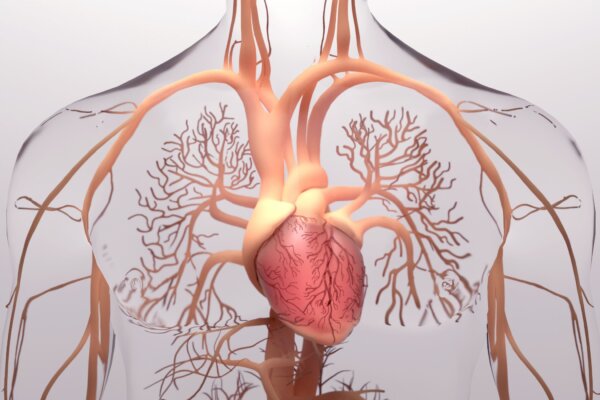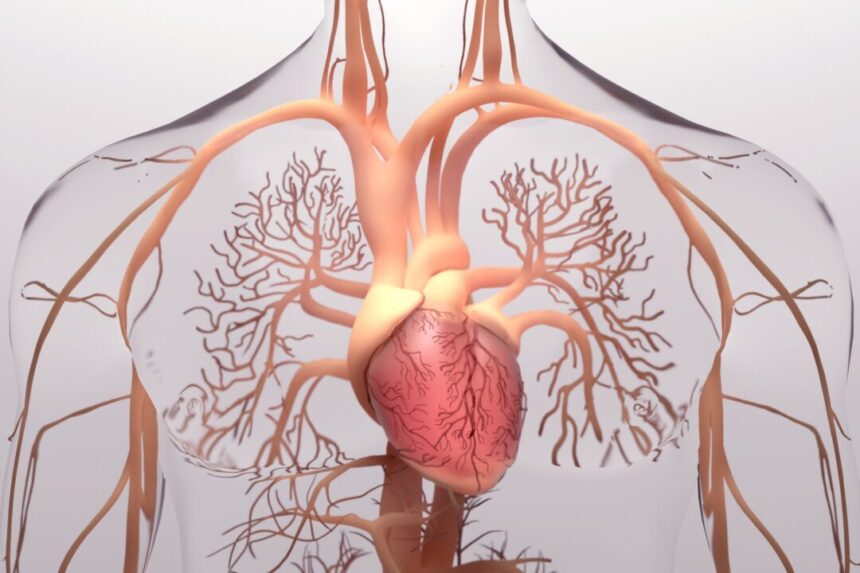
A new study published in Cell Metabolism suggests that avoiding foods rich in the amino acids serine and glutamine could enhance the effectiveness of current medications for treating pulmonary hypertension. The research found that dietary intervention can halt the excess production of collagen in lung blood vessels, which contributes to stiffness and impairs function, leading to heart failure, chronic lung disease, and death.
Dr. Stephen Chan, the study researcher, stated that this dietary maneuver could provide an innovative way of treating the disease, in addition to medication and lung transplantation. Pulmonary hypertension is characterized by high blood pressure in the arteries leading to the lungs, resulting in symptoms like chest pain, shortness of breath, and swelling in the ankles and legs.
Prior to the study, the reasons behind the unique behavior of lung blood vessels were mysterious. However, the recent findings have unveiled that blood vessels in the lungs metabolize serine and glutamine to synthesize collagen, leading to the progression of pulmonary hypertension. The study demonstrated that restricting the uptake of these amino acids in cells prevented excessive collagen production, resulting in an improvement in the condition.
Although complete restriction of serine and glutamine in the diet may not be feasible for humans, the study suggests that dietary changes could complement existing medications for pulmonary hypertension treatment. Researchers are exploring the possibility of less stringent dietary interventions that could enhance the therapeutic effect.
It is essential to consider the potential downsides of restricting these amino acids, as they play crucial roles in various bodily functions. Further research is needed to determine the optimal level of amino acid restriction that can effectively treat pulmonary hypertension without causing adverse effects.
In conclusion, the study opens up new possibilities for treating pulmonary hypertension through dietary interventions. By understanding the metabolic processes underlying the disease, researchers hope to develop more effective treatment strategies that could improve the lives of patients with this debilitating condition.
Source link





